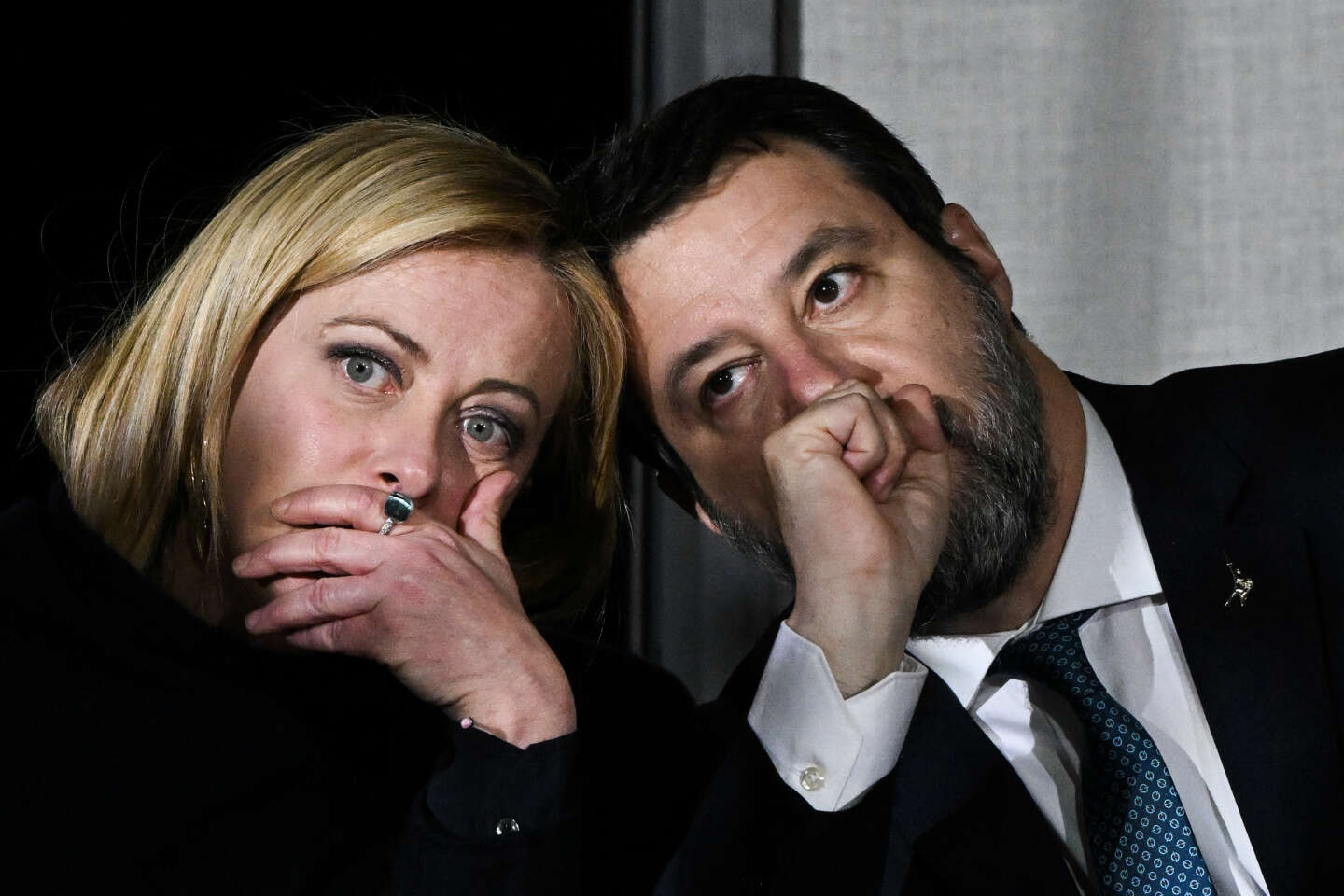


For Giorgia Meloni, who will host the G7 in 2024, the migration issue is also a matter of international influence. It is the Italian PM's diplomatic priority and the challenge on which she is shaping and asserting a new role for her country as a protagonist in Europe and on the African continent. This all goes back to the early days of her role, when she stated her determination to tackle migratory flows upstream of Italy's borders, brandishing a future Italian plan to support the development of departure and transit countries, the substance of which is still unclear. The concept of a "wider" Mediterranean is common in Italian geopolitical thinking, including North Africa and the Sahel as a zone of strategic interest. Meloni has taken up this idea, asserting that Italy must fulfill the mission entrusted to it by geography: that of becoming a European bridge to the shores of the south.
The formula aligning control of irregular migration and aid to African states has been named the "Mattei Plan," in tribute to the founder of Italy's national hydrocarbons company ENI, Enrico Mattei (1906-1962). Due to the advantageous contracts he signed with producing states, Mattei is a symbol of external action favorable to the emancipation of Third World countries. The plan's content has yet to be defined, but its January 29 launch in Rome already enabled Meloni to gather around her 42 African heads of state, heads of government and ministers, as well as 23 international organizations. This meeting provided her with the opportunity to reiterate that Italy will be bringing Africa-specific issues – taken as a whole within a matrix of migration issues – to the heart of the work of the G7 summit, scheduled in June at the Hotel Borgo Egnazia, in Savelletri di Fasano, Puglia.
The focus on migration issues is at the root of an African mission in which Meloni is personally invested in and which is supposed to help give Italy its rightful place in Europe. The Rome summit was attended by European Parliament President Roberta Metsola, European Council President Charles Michel and European Commission President Ursula von der Leyen. In terms of migration issues, Meloni has also found von der Leyen to be the most powerful go-between for Italian positions in Europe during the first year of her mandate. In July, for example, she succeeded in getting the president of the European Commission to visit Tunisia to sign an agreement in line with Meloni's vision of financial support in exchange for cooperation on migration issues.
You have 55% of this article left to read. The rest is for subscribers only.
